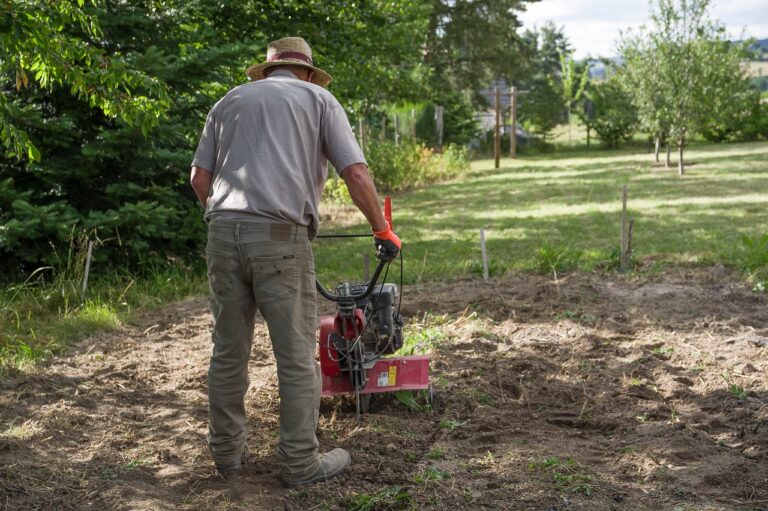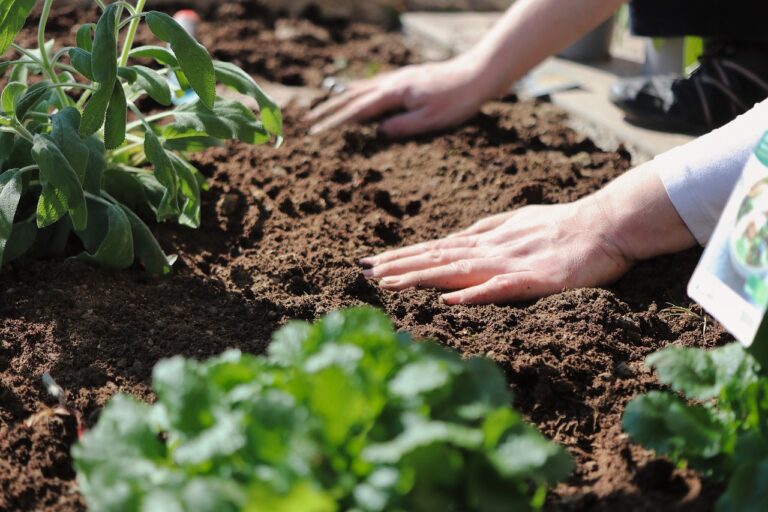Garden Design: A Comprehensive Guide to Creating Your Dream Outdoor Oasis
Gardens have the power to transform our outdoor spaces into havens of beauty, tranquility, and productivity. Whether you have a grand backyard or a cozy balcony, thoughtful garden design can create a living masterpiece that enhances your physical and emotional well-being. This comprehensive guide will empower you with the knowledge and techniques to design and create a stunning garden that suits your lifestyle and aspirations.
Planning the Perfect Garden
Establish Your Vision
The first step in garden design is envisioning your dream outdoor space. Consider how you want to use the garden, whether for relaxation, entertaining, or growing food. Determine the size, shape, and style that best aligns with your vision and the available space.
Site Analysis
Carefully study the site’s conditions, including sunlight, soil quality, drainage, and wind exposure. This information will guide your plant selection and design decisions.
Design Elements
Focal Points
Create striking visual interest by incorporating focal points, such as a beautiful tree, a charming water feature, or a captivating sculpture.
Plant Selection
Choose plants that thrive in your climate and provide year-round beauty. Consider a mix of heights, textures, and colors to create visual depth and interest.
Structures and Hardscaping
Incorporate structures like trellises, pergolas, or arbors to add vertical interest and provide support for climbing plants. Hardscaping elements, such as patios, paths, and retaining walls, define spaces and enhance functionality.
Lighting
Illuminate your garden with a combination of ambient, task, and accent lighting. This extends the usability of your outdoor space during evenings and creates a magical ambiance.
Plant Combinations and Design Styles
Color Schemes
Choose plants with complementary or contrasting colors to create stunning displays. Consider the seasonal changes in foliage and blooms for year-round interest.
Design Styles
Explore different garden design styles, such as traditional, cottage, contemporary, or Zen. Each style has its unique characteristics and plant combinations that reflect the desired aesthetic.
Companion Planting
Plant beneficial companions together to improve growth, pest control, and pollination. For example, planting carrots and onions nearby deters carrot flies.
Maintenance and Sustainability
Regular Care
Establish a regular maintenance schedule that includes watering, fertilizing, pruning, and pest control. Proper care ensures the health and beauty of your garden.
Water Conservation
Incorporate water-saving strategies, such as drip irrigation, mulching, and rain barrels. These techniques reduce water consumption while maintaining plant health.
Wildlife Gardens
Promote biodiversity by creating a wildlife-friendly garden. Plant native species, provide water sources, and create nesting habitats for birds, butterflies, and other beneficial creatures.
Conclusion
Garden design is an art form that combines creativity, knowledge, and practical considerations. By following these comprehensive guidelines, you can transform your outdoor space into a stunning and fulfilling oasis. Remember to engage your senses, nurture your plants, and enjoy the transformative power of a well-designed garden.

























